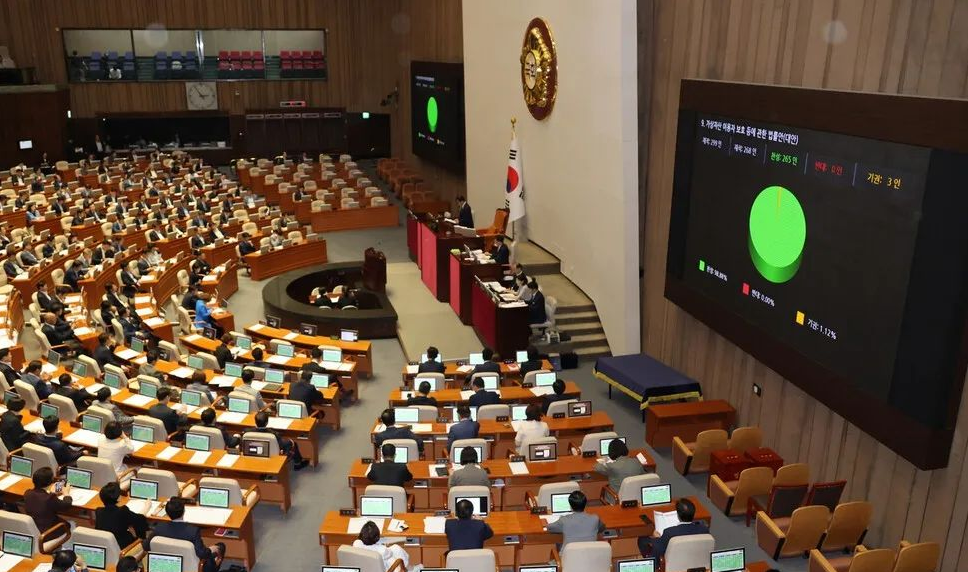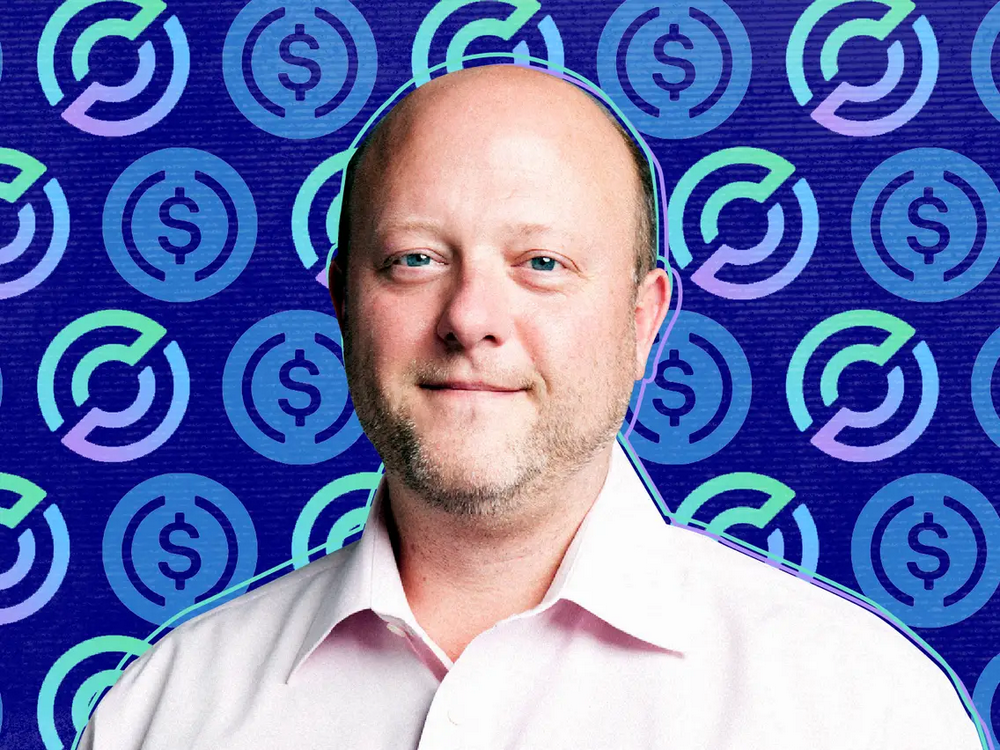What is the SEC thinking about Crypto compliance?
Compile: Wind Answer
Source: Orange Book
Recently, the SEC has frequently adopted encryption companies, which has caused many people to feel the pressure of supervision. You may have a clearer understanding of the SEC's thinking through this article by A16Z managing partner Scott Kupor.
The following is the full text, enjoy~
- He lost 4 bitcoins due to operational errors. Is the lightning network rule too strict?
- Read the cryptocurrency wallet pattern and future development
- The future of credit, currency and digital currency
Last week, the SEC called for the release of Telegram's token Gram release.
The previous week, the SEC reached a settlement agreement with Block.One (EOS) and Nebulous (SiaCoin), both of which admitted that they had raised funds in a way that violated US securities laws.
Block.One was fined $24 million (less than 1% of the proceeds), while Nebulous was fined $225,000, twice the amount raised.
Standing on the opposite side of SEC regulation is not a good thing, but it does not mean that there is no hope. The SEC has taken some means to give us a clearer understanding of the regulatory environment that the encryption market may face in the future.
As we mentioned before, the current focus of regulation in the encryption market is whether the token is a security or not, based primarily on the results of the Howey test.
The Howey test mainly determines whether the token is a security from the following four elements:
(1) Whether someone has invested money;
(2) Whether the investor has a profit forecast;
(3) Whether the profit expectation comes from the efforts of others;
(4) Is there a business entity?
At present, Bitcoin and Ethereum are not defined as securities through this framework.
Projects including Block.one and Telegram have been pre-sold in front of the main online line to expand network effects, revenue voucher and other reasons.
Obviously, investors who participate in pre-sales are all making money, and the expectation of earning money comes from the establishment of a blockchain network that is recognized by more companies.
It is not surprising that the SEC defines these tokens as securities.
So for companies in these areas who want to raise funds, it is especially important to avoid risks through Howey testing. You must conduct fundraising on the basis of securities law compliance.
It's also worth noting that unlike Telegram, Block.one and Nebulous are worthy of criticism. They are all funded by unqualified investors. They don't have mature risk awareness, and they don't really have a lot of money.
In the United States, registered securities will be sold to uncertified investors, and from any point of view, they will be sanctioned by the SEC.
Let's look at the example of telegram. Before they sold the unregistered securities to the compliant investors, the SEC's trouble-seeking focus was on the issue of token distribution, not the investors of Telegram. Should buy.
What the SEC has not done
Obviously, the SEC does not require Block.one or Nebulous to close or disconnect its main network. This means that the SEC believes that the current cryptocurrency company has some illegal activities on the fundraising side, but in the encryption network operation and the token economy. There is no conclusion on how to supervise this.
The probable cause of this is that the SEC saw an independent relationship between Block.one and eos, and its decentralization allowed the SEC to find no suitable evidence.
this point is very important
In June last year, SEC executive Hinman expressed his opinion on Howey's test application in encrypted networks. He believes that in some cases tokens are securities, and in some cases they are not.
From the current case, we can see that for the company-based fundraising behavior, the SEC thinks that you are issuing securities, but after the main online line, if the decentralization of the network is sufficient, these are traded on the main network. Token is not a security.
This means that the token can be transformed between securities and non-securities, and the core lies in the degree of decentralization of subsequent projects.
We already know that Bitcoin and Ethereum are enough to be centralized, so it is not a securities, but the SEC has never commented on Ethereum's variability issues, nor has it enforced Ethereum's fundraising behavior many years ago. action.
The current SEC handling of block.one may allow us to see some possible signs.
The SEC determined that the token issued by Block.one was a security, but it did not take any action against EOS. Does this mean that the SEC does not consider the current EOS to be a security, otherwise it has every reason for Block.one to stop trading on its own tokens, after which securities can only be traded through registered exchanges or under the framework of securities laws, and eos The current trading circulation is obviously not in this category.
Of course, this statement is not entirely a reference. In fact, Block.one has made a lot of efforts to achieve the settlement. For example, it did not publicly issue tokens to Americans before, and the earliest investor subscribed EOS is issued. Ethereum's erc20 tokens, and these tokens have now stopped circulating, which means that from a technical point of view, the SEC believes that the securities token has no one to trade it.
In addition, just because the SEC did not ban EOS transactions, the conclusion that EOS is not a security is not rigorous. Like most government agencies, the SEC wants to ban EOS transactions, rather than reaching a settlement with Block.one, and must follow normal legal procedures. They have to convince judges to get a ban on trading.
So another possibility is that this kind of settlement with Block.one is currently a more cost-effective solution for the SEC. After all, the court needs time, manpower and materials.
This can also be seen from the telegram's treatment plan. The SEC does not have much controversy about the financing agreement between the telegram and the investor. The telegram can initiate fundraising for the Ton project to qualified investors, but Gram is not a compliance. Securities, the SEC does not let it issue. The problem now is that, based on the nature of the TON's operational status, whether the securities in the original investment contract for the project were converted from one type of securities to another.
The SEC explained the following to its own behavior:
1. The actual controller of the Ton Foundation is the founder of Telegram and is not independent of Telegram.
2. Ton does not currently have a network available (can't run anything)
3. Although Gram has a locked position, but the current purchaser can only obtain potential profits by selling Gram, Ton does not introduce any non-investment features.
According to the current situation, the SEC has no reason to change its attitude.
Finally, let's make a summary:
Fundraising in front of the main online line will be defined as securities. Many people actually knew this before, and now everyone should really know. Then your choice is to register with the SEC and then issue it to qualified investors.
If the future network is sufficiently decentralized, the early pre-sales securities are likely to be defined as non-securities. Of course, the definition of decentralization is considered by the SEC itself. There is no clear standard at present.
The conclusions of these analyses are based on the existing facts. To have a good fruit in front of the regulation, another important point is to show your sincerity. The SEC has shown that it has seen the efforts of Block.one and feels that Telegram has some performance. Perfunctory.
(Finish)
References: https://a16z.com/2019/10/22/mutability-sec-recent-cases/?utm_campaign=1confirmation%20Newsletter&utm_medium=email&utm_source=Revue%20newsletter
We will continue to update Blocking; if you have any questions or suggestions, please contact us!
Was this article helpful?
93 out of 132 found this helpful
Related articles
- Gartner: Blockchain is listed in the top ten strategic technology trends of 2020, against one of the highlights of deepfake
- 2019 Will it be the "year of DAO"? A text on the past and present of the centralized autonomous organization
- Google claims to achieve "quantum hegemony", IBM, V God, Bitcoin developers have come to refute
- Dutch International Group (ING) Releases White Paper: Corda Blockchain Security and Privacy Improvement Solution
- Why do bitcoin futures break through the bitcoin bubble?
- Blockchain industry distribution survey: 42% of practitioners are exchange employees
- Deutsche Börse and German commercial banks use DLT technology to settle tokenized securities





